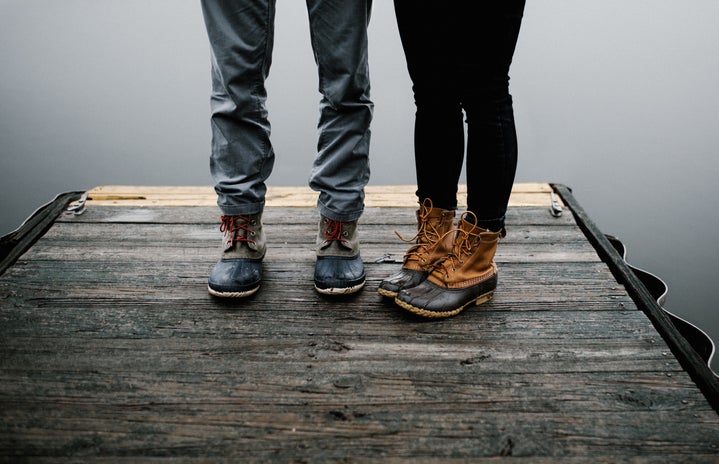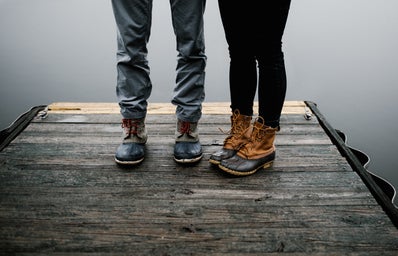Entering my first year of college, I was bright eyed and ready for a fresh start at SMU. However, many of the things that have impacted me most have turned out to be the ones I was least expecting. Not even a full semester into my freshman year, a problem arose: one of my new friends, Paige*, was in a relationship that began to take a turn south. After watching her and her (then) boyfriend interact, it was clear to me that their relationship was not healthy for her. While he wasn’t necessarily abusive, he definitely had tendencies that could become abusive over time, such as jealousy, emotional manipulation and extreme possessiveness. This relationship made it difficult for her to focus in school because she was worried about him and what to do if one day he lashed out. As a friend, it was difficult to watch and not know what to do, but from that I have learned several things about how to help a friend in an unhealthy relationship.
The best way to approach a friend that you suspect is in an unhealthy or abusive relationship is to tell them your concerns. Phrases like “I’m concerned for your safety,” “This is not your fault” or “It is wrong of him to treat you this way” shows support without shaming or judging her for choosing to stay in the relationship. While I never specifically was concerned for Paige’s safety, one of the things that I would do when I could tell Paige was having a rough day is get her to talk about something she loves. Detaching her from the relationship and subtly reminding her of things that do add value and purpose to her life was important because it kept her grounded when worrying made her feel out of control. When she got off the phone with him and I could see she had been crying, I would ask once if she wanted to talk about it. If she was willing, we would talk about it, and if not, we would talk about something else or watch a movie. Being there for her always was more important than trying to fix everything. Let me repeat this: trying to fix other’s problems is NOT a good idea. Offer help, but if they refuse, respect it. Unsolicited advice is never welcome, and even if you truly do believe that your solution is right for them, trying to fix their problems can come at the cost of the friendship.
Another thing I did that helped a lot was finding an on-campus counselor or therapist at the Women’s Center; I even went with her and sat with her in the counselor’s office (I should make this clear now: after a particularly rough phone call I asked her if she wanted to talk to someone who had training for this. When she agreed, we went to the Women’s Center. Everything was her choice, not me forcing her hand). Talking about things made it abundantly obvious to her that what he was doing was not right and that they needed to change something in their relationship or cut it off completely. Getting a fresh set of eyes on the situation helped us evaluate little red flags that had gone unnoticed and how she would approach the boyfriend about his behavior. Ultimately, having her talk to someone who has training and experience in these kinds of situations was a great way to help her.
While Paige’s relationship was never physically abusive, there are specific things one should do if a friend’s relationship becomes physically abusive. Create a safety plan if a situation with the abuser worsens and have a code word for distress she can use to text or call you. Gently suggest she have the hotlines memorized or easily accessible in case a situation with the abuser worsens. Lastly, remember that you cannot force her to leave. She is her own person and makes her own decisions; supporting whatever she decides to do is what is most important.
Although abusive relationships are not always easy to identify, sometimes the smallest red flags can be the most indicative of the condition of their relationship. Abuse comes in many varieties, and oftentimes we as friends are stuck as bystanders, wondering what to do or how to help. Finally, even though I used “she” in this article, men can also be in equally abusive relationships. If you or someone you know is in an abusive relationship that threatens their well-being or life, seek help immediately. All of the following hotlines are available 24/7 for advice and help in finding local support.
National Sexual Assault Hotline: 800-656-HOPE (4673)
Teen Dating Abuse Hotline: 866-331-9474
National Domestic Violence Hotline: 800-799-SAFE (7233)
The signs of abuse and a full list of tips can be found here.
Call 911 if you witness violence.
*Name has been changed to protect privacy.


